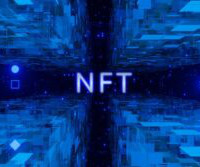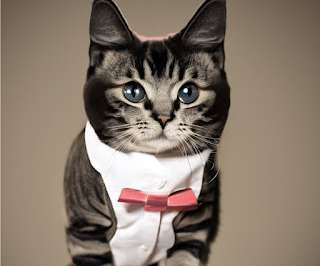NFTs: promisingly transformational, yet fraught with IP pitfalls – Part I
Kluwer Copyright Blog
JUNE 19, 2023
These questions will be addressed by applying UK law and the EU copyright acquis to NFTs, as illustrated by relevant Court of Justice of the European Union (CJEU) case law and global contemporary examples. For instance, CrypToadz is a prominent CC0 NFT project wherein the artwork related to the NFT is in the public domain.












Let's personalize your content